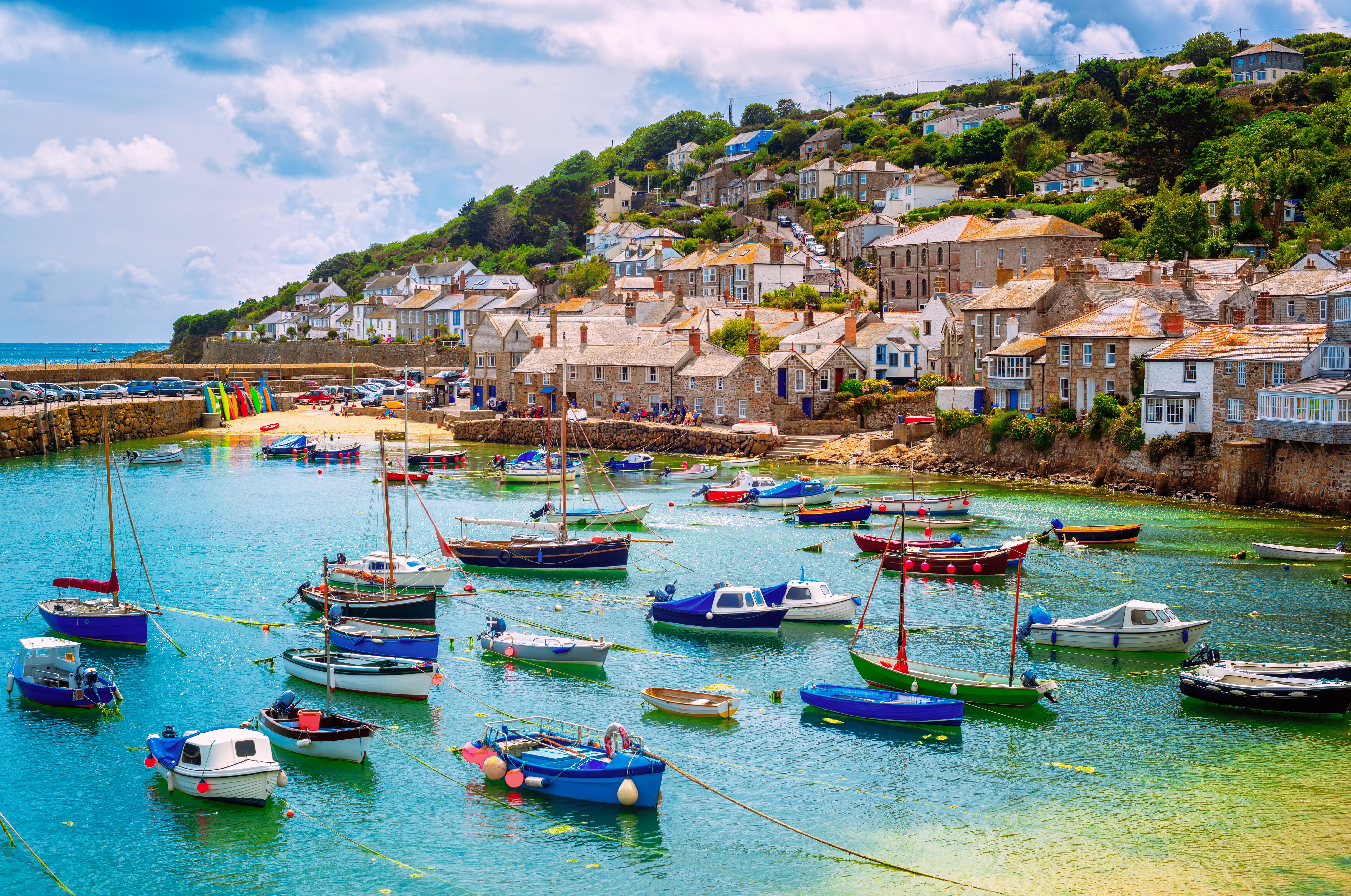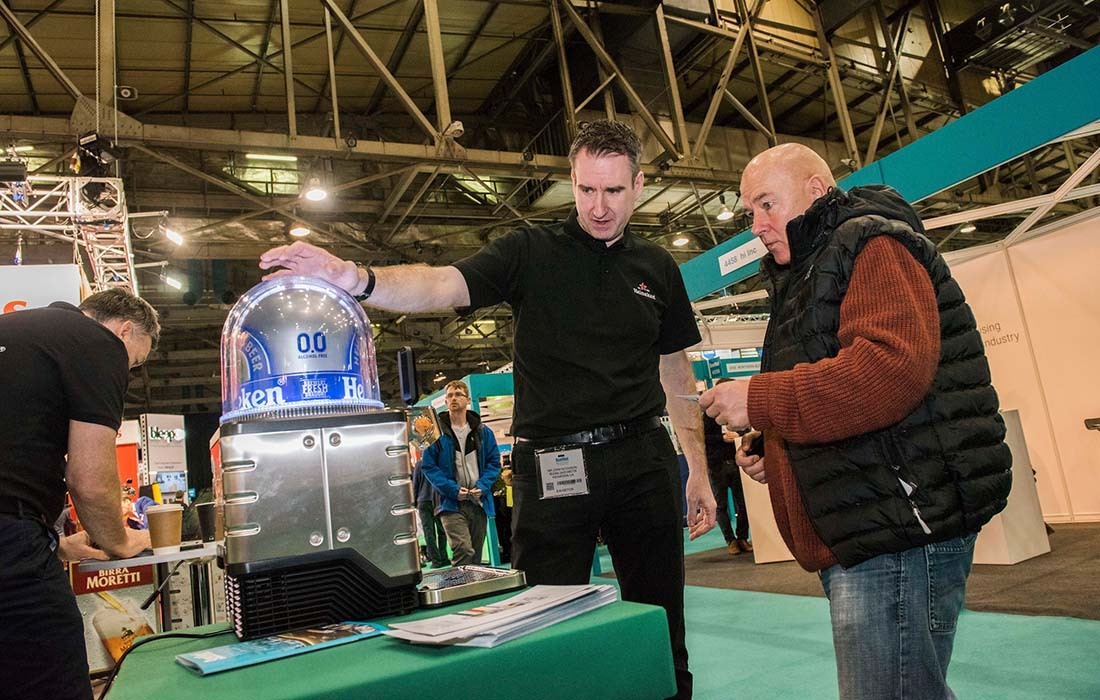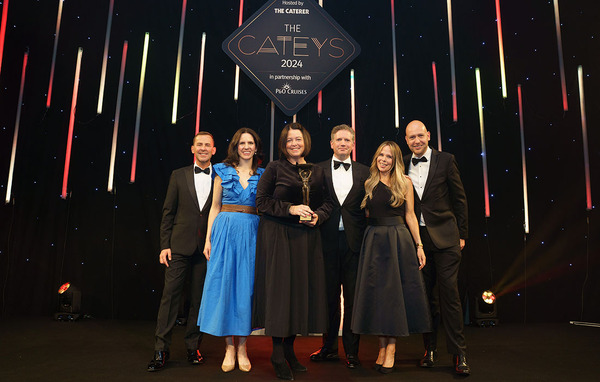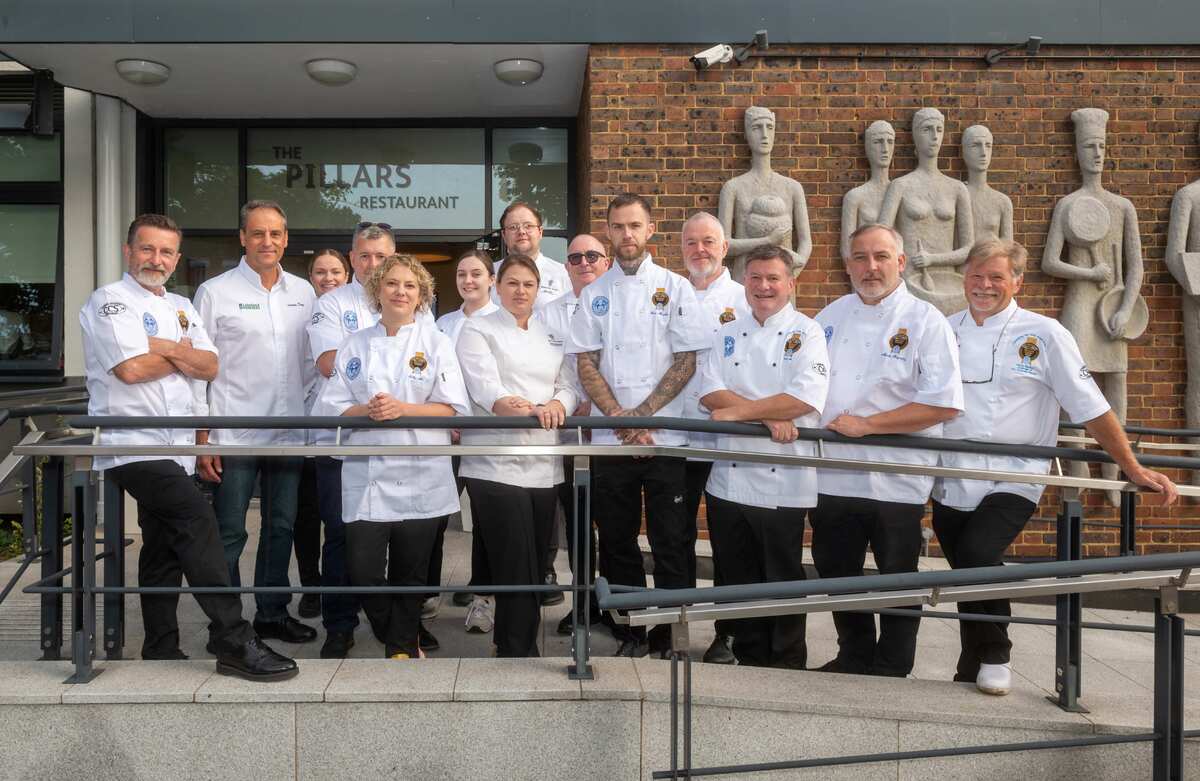Staycation boom triggers high levels of investor interest
While UK hotel investment volumes continue to be dominated by London, deals outside of the capital have been climbing since the easing of lockdown.
This is according to real estate advisor Savills in its latest UK hotel investment report. More than 77% of deals made since April 2020 were from outside of London, in line with the strong trading performance displayed across key UK staycation markets. As a result, interest levels from private investors for coastal and country hotels have surged.
Tom Cunningham, director in the hotel investment team at Savills, said: “The likelihood of ongoing restrictions into 2021 has meant that holidaymakers are continuing to look to the domestic market for their breaks and some locations are already reporting high levels of demand for next summer. As a result, we expect robust operational performance in these locations to continue, with well-situated regional assets continuing to attract strong investor demand. For regional assets currently on the market, we are receiving multiple offers above guide price.”
This performance has also bolstered mid-term confidence fuelling support for hotel development opportunities across key UK regional destinations. For example, Dalata and Topland recently entered into an agreement to develop a new 221-bedroom Maldron hotel in Brighton, emphasising longer-term investor confidence in the UK’s booming staycation market.
Total hotel investment volumes to end of September 2020 reached £1.63b, down 54.4% compared to the same period last year, but interest levels remain robust. International investors accounted for 70.1% of this, primarily by Israeli-backed Vivion Capital acquiring the Sanderson and St Martin’s Lane hotels in January followed by Qatari-based investors acquiring the Ritz in March, with a combined volume nearing £1b. London accounted for 87.3% of total UK investment volumes so far in 2020.
Rob Stapleton, director in the hotel investment team at Savills, said: “Demand from cash-rich investors remained robust this year, especially for quality trophy assets in London, with international investors accounting for a significant proportion of transaction volumes. While volumes are down, there remains substantial dry powder in the market, albeit the debt markets are considerably constricted at the moment, limiting corporate investor activity in the sector and impacting overall investment volumes.”
Investors remain keen on well-located, value-add opportunities for properties with development potential to increase their longer-term income profile. As a result, Savills said it has seen some assets achieve higher than their pre-Covid guide price. For example, Savills sold SoHostel in London’s Soho in excess of £30m in August, more than 5% above the pre-Covid guide price after a fiercely contested bidding process.
Richard Dawes, director in the hotel investment team at Savills, added: “While the immediate operational headwinds in the hotel market will be a cause for concern for some investors, the longer-term outlook for the sector continues to bode well for prime assets and development opportunities.
“We expect the number of distressed sales to increase and investment volumes to be predominantly driven by a handful of London sales as we move into 2021. We remain positive overall on equity-led deals and anticipate that further foreign exchange movements post-Brexit may continue to entice international buyers seeking relatively well-priced hotel assets.”
Photo: Shutterstock



















